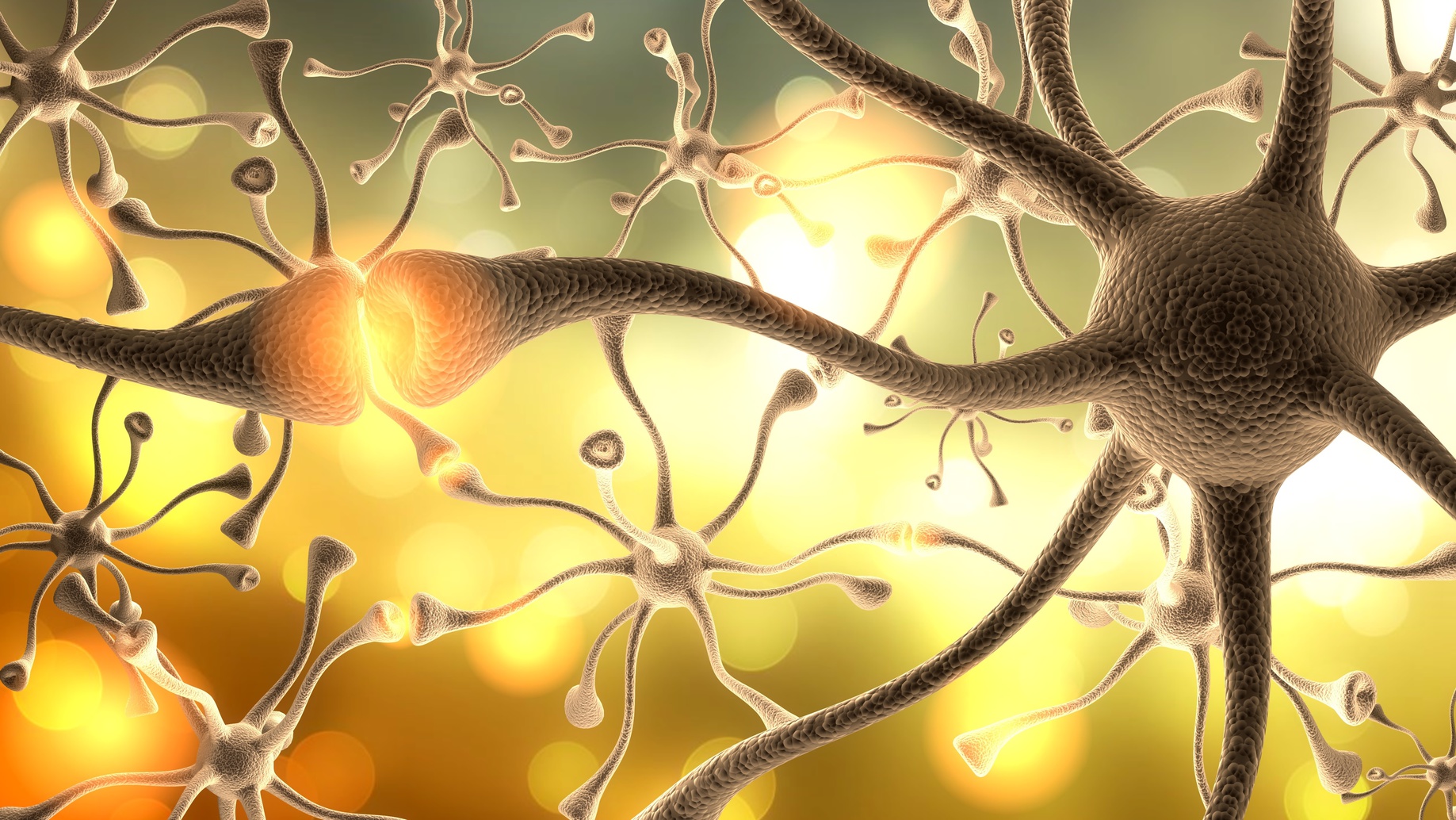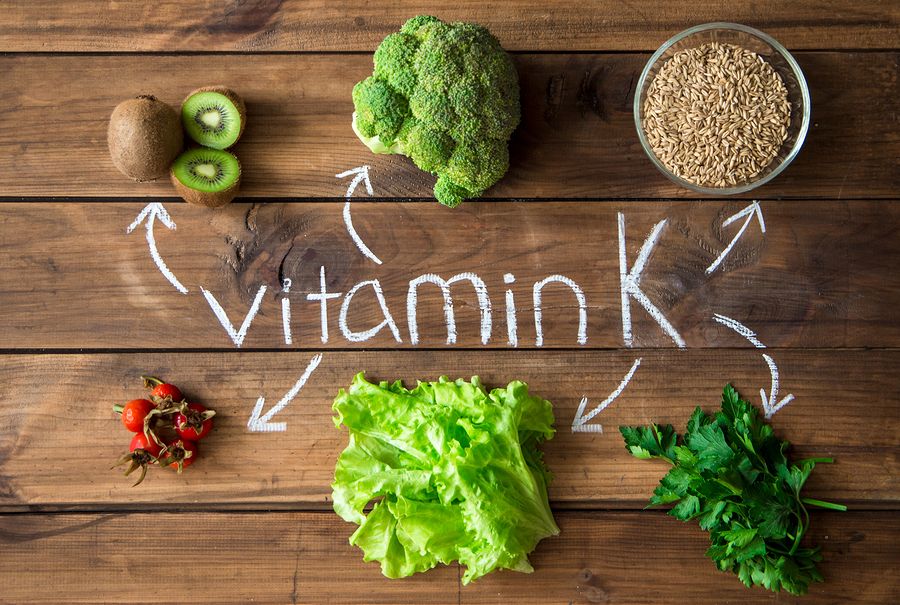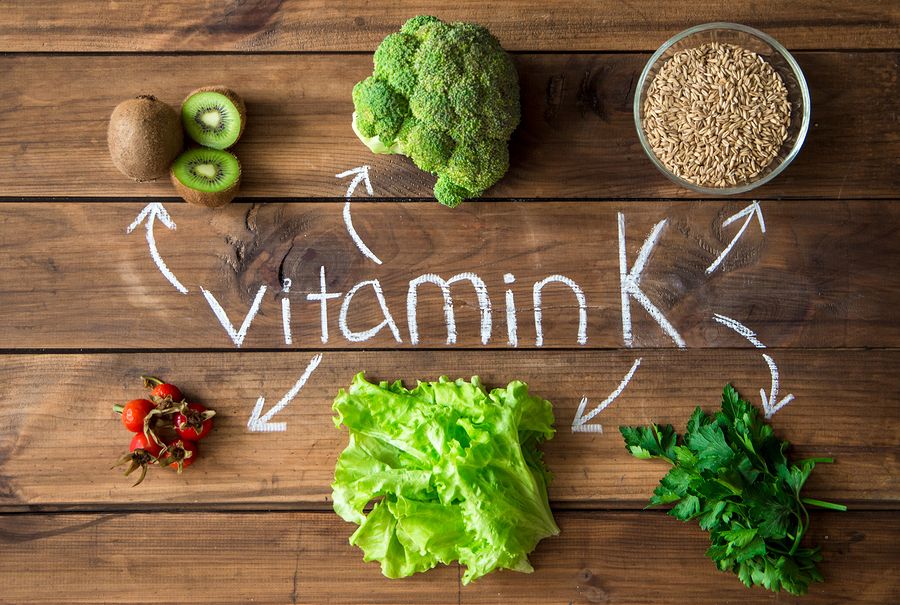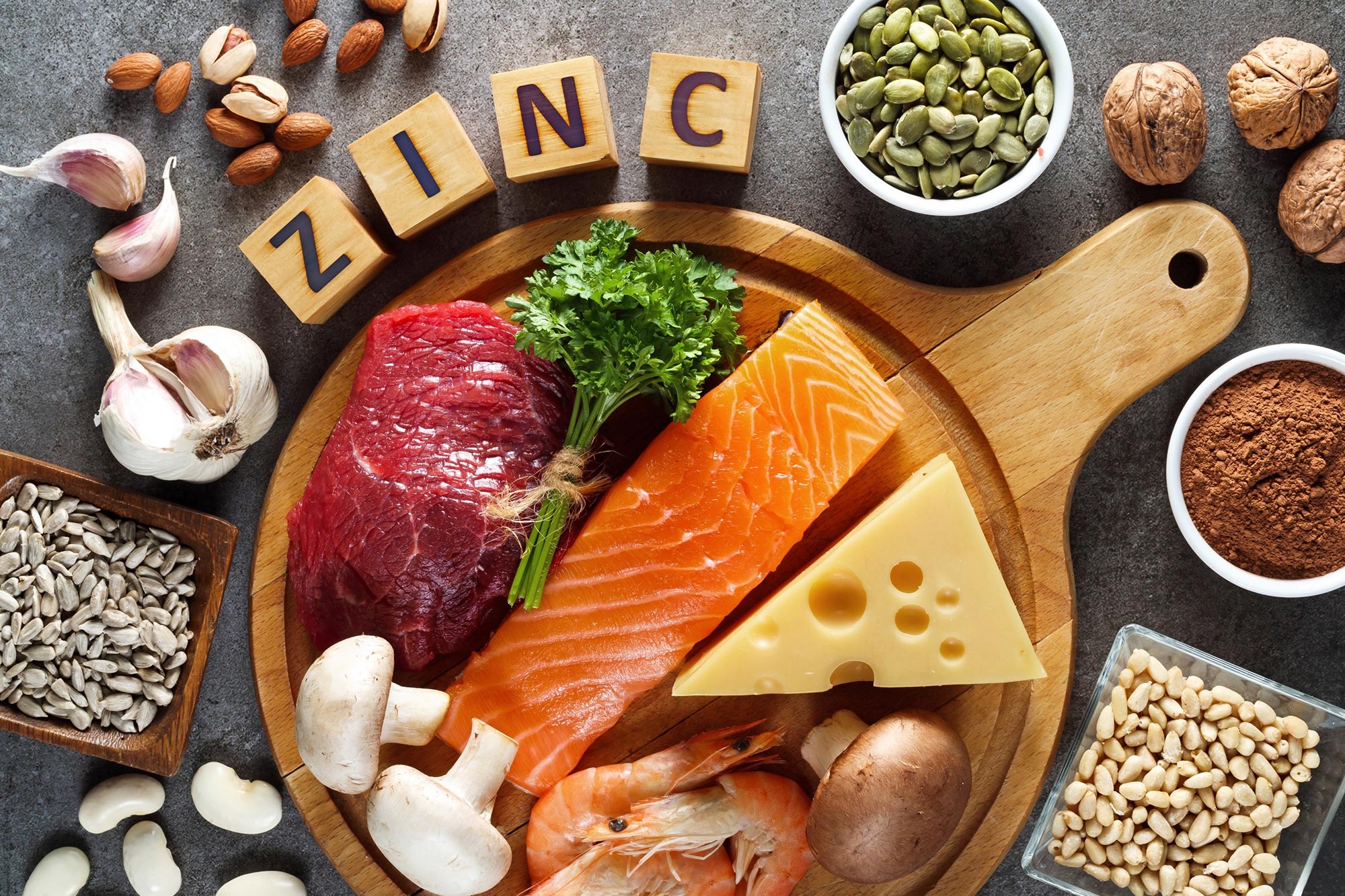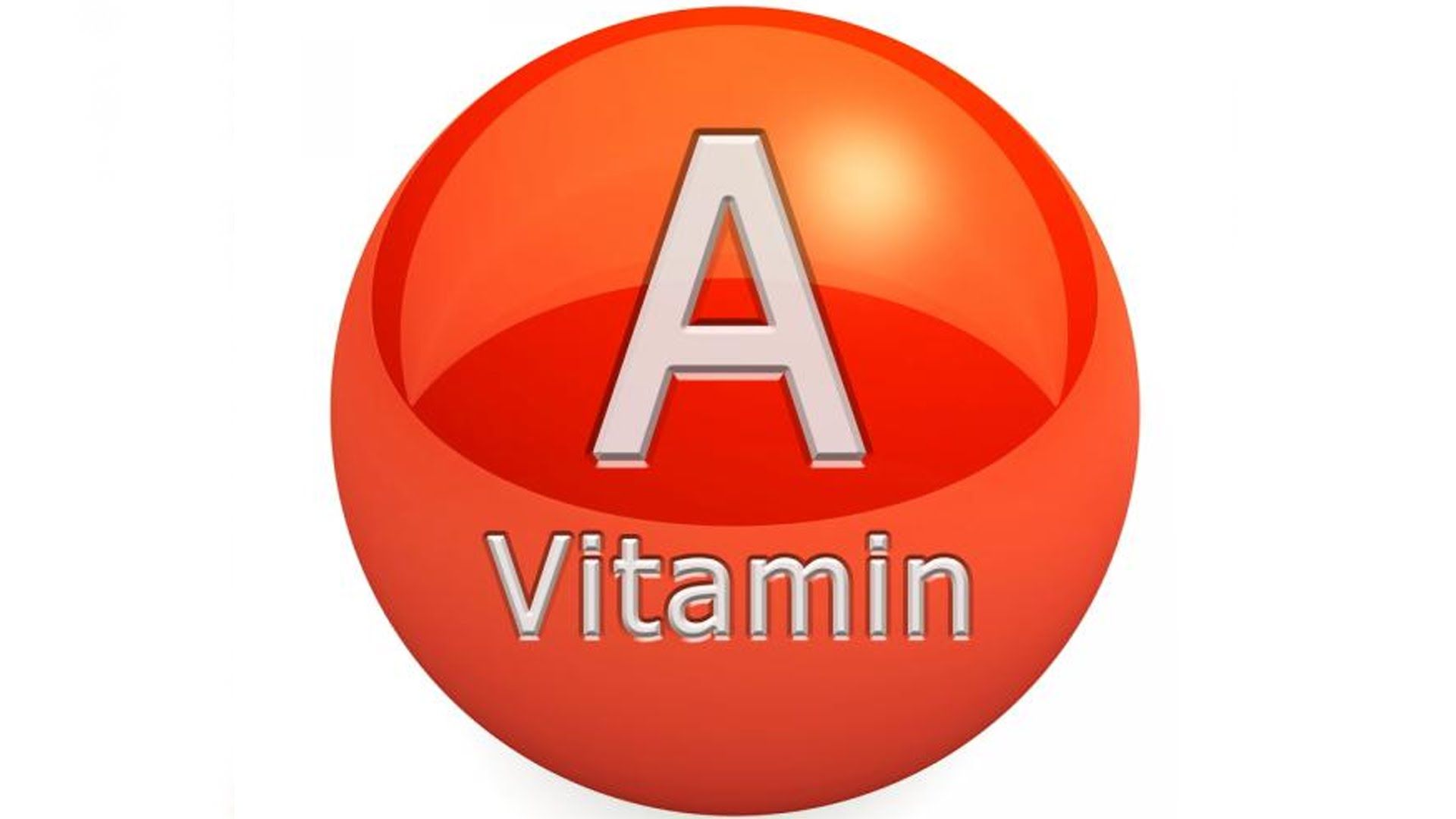Introduction
Unveiling the Wonders of Vitamin K2
Vitamin K2
Vitamin K2, a lesser-known but highly significant member of the vitamin K family, has been gaining attention for its diverse health benefits. Found in fermented foods, certain animal products, and produced by gut bacteria, vitamin K2 plays a crucial role in various physiological processes, distinct from its more recognized counterpart, vitamin K1. In this guide, we will explore the multifaceted benefits of vitamin K2 and understand its importance in maintaining overall health.
Bone Health and Vitamin K2
One of the primary benefits of vitamin K2 is its role in bone health. Vitamin K2 activates proteins that regulate calcium, directing it to the bones and teeth while preventing its accumulation in soft tissues. This calcium regulation is vital for maintaining bone density and preventing conditions like osteoporosis. Incorporating an adequate amount of vitamin K2 in the diet may contribute to stronger bones and a reduced risk of fractures.
Cardiovascular Health and Arterial Elasticity
Vitamin K2 has garnered attention for its potential cardiovascular benefits. Research suggests that adequate levels of vitamin K2 may contribute to arterial health by preventing calcium buildup in the arteries. This helps maintain arterial elasticity and reduces the risk of arterial calcification, a factor associated with heart disease. The activation of matrix Gla-protein (MGP) by vitamin K2 is crucial in inhibiting arterial calcification, emphasizing its role in cardiovascular well-being.
Cancer Prevention and Vitamin K2
Emerging studies indicate a potential link between vitamin K2 and cancer prevention. Specifically, vitamin K2 has been associated with a reduced risk of certain cancers, including prostate cancer. The mechanisms behind this protective effect are not fully understood, but vitamin K2’s role in regulating cell growth and apoptosis may contribute to its anti-cancer properties. While more research is needed in this area, early findings suggest a promising relationship between vitamin K2 and cancer prevention.
Dental Health and Vitamin K2
Beyond bone health, vitamin K2 has implications for dental wellness. By aiding in the regulation of calcium, vitamin K2 contributes to the formation and maintenance of healthy teeth. It may help prevent dental cavities and support overall oral health. Integrating vitamin K2 into a dental care regimen may complement traditional oral hygiene practices, offering a holistic approach to maintaining a healthy smile.
Natto and Fermented Foods as Sources of Vitamin K2
While vitamin K2 is found in varying amounts in certain animal products, one of the richest sources is natto, a traditional Japanese dish made from fermented soybeans. Fermented foods, in general, are excellent sources of vitamin K2. Other examples include sauerkraut, kimchi, and certain cheeses. Understanding these dietary sources and incorporating them into one’s diet can be a practical way to ensure an adequate intake of vitamin K2.
Vitamin K2 Deficiency and Supplementation
Despite its importance, vitamin K2 deficiency is not uncommon. Factors such as limited dietary intake, certain medical conditions, and the use of certain medications can contribute to inadequate levels of vitamin K2. In such cases, supplementation may be considered. However, it’s crucial to consult with a healthcare professional before starting any supplementation, as excessive vitamin K2 intake can have adverse effects, especially for individuals taking blood-thinning medications.
Nootropics – Unlocking Cognitive Enhancement
Introduction to Nootropics
Nootropics, often referred to as “smart drugs” or cognitive enhancers, are substances that aim to improve cognitive function, memory, creativity, and motivation. The world of nootropics is diverse, encompassing natural compounds, synthetic drugs, and dietary supplements. In this section, we will explore the realm of nootropics, understanding their mechanisms of action and potential benefits.
Mechanisms of Action of Nootropics
The mechanisms through which nootropics exert their effects are multifaceted. Some enhance cerebral blood flow, ensuring optimal oxygen and nutrient delivery to the brain. Others modulate neurotransmitter levels, influencing communication between brain cells. Additionally, certain nootropics exhibit neuroprotective properties, shielding the brain from oxidative stress and inflammation. Understanding these mechanisms is crucial for selecting the right nootropics based on individual cognitive needs.
Cognitive Enhancement and Memory Improvement
One of the primary reasons individuals turn to nootropics is to enhance cognitive function, including memory. Nootropics such as racetams, modafinil, and certain herbal extracts have shown promise in improving memory consolidation, recall, and overall cognitive performance. These substances target various neurotransmitter systems, promoting optimal brain function for tasks requiring memory and learning.
Focus, Attention, and Nootropics
In our fast-paced modern lives, maintaining focus and attention is a common challenge. Nootropics like stimulants and adaptogens have gained popularity for their ability to promote wakefulness, sustained attention, and mental clarity. However, it’s crucial to strike a balance, as excessive use of stimulant nootropics can lead to negative side effects and potential dependence.
Mood Enhancement and Anxiety Reduction
Certain nootropics have been explored for their potential in mood enhancement and anxiety reduction. Compounds like L-theanine, an amino acid found in tea, and adaptogens like rhodiola rosea may have calming effects on the nervous system, promoting a sense of relaxation without sedation. These nootropics can be valuable for individuals seeking cognitive enhancement without the jitteriness associated with stimulants.
Natural Nootropics and Dietary Approaches
In addition to synthetic options, many natural substances are considered nootropics. Omega-3 fatty acids, found in fish oil, have been linked to improved cognitive function and neuroprotection. Bacopa monnieri, an herb used in traditional medicine, has shown cognitive-enhancing properties. Adopting a diet rich in antioxidants, vitamins, and minerals is also a foundational approach to supporting cognitive health.
Nootropic Stacks and Personalized Approaches
As the field of nootropics advances, individuals are experimenting with nootropic stacks—combinations of different nootropics designed to synergistically enhance cognitive function. Building a personalized nootropic stack involves considering individual needs, goals, and sensitivities. However, caution is advised, and users should be mindful of potential interactions and side effects. Consulting with a healthcare professional can provide guidance in developing a safe and effective nootropic regimen.
The Intersection of Vitamin K2 and Nootropics
Cognitive Health and Vitamin K2
The connection between vitamin K2 and cognitive health is an emerging area of interest. Some studies suggest that vitamin K2 may play a role in protecting against age-related cognitive decline. The mechanisms behind this potential benefit are not fully understood, but vitamin K2’s involvement in calcium regulation and anti-inflammatory processes may contribute to maintaining optimal brain function.
Potential Synergies: Vitamin K2 and Nootropics
While the direct interaction between vitamin K2 and nootropics is not well-explored, the potential for synergies arises from their individual effects on different aspects of health. For example, the cardiovascular benefits of vitamin K2 may indirectly support cognitive function by ensuring optimal blood flow to the brain. Additionally, the anti-inflammatory properties of both vitamin K2 and certain nootropics may collectively contribute to overall brain health.
Considerations and Caution
Before combining vitamin K2 and nootropics, several considerations must be taken into account. Individual responses to both vitamin K2 and nootropics can vary, and it’s essential to start with lower doses to assess tolerance. Moreover, interactions between specific nootropics and vitamin K2, especially in the context of blood-thinning medications, should be thoroughly researched and discussed with a healthcare professional to avoid potential complications.
Conclusion: Navigating the Intersection
In conclusion, the benefits of vitamin K2 and nootropics offer a fascinating intersection of health and cognitive enhancement. While vitamin K2 contributes to bone health, cardiovascular well-being, and potential cancer prevention, nootropics aim to optimize cognitive function, memory, and mood. Exploring this intersection requires a nuanced understanding of individual needs, potential synergies, and a commitment to responsible experimentation.
As with any health-related endeavor, consulting with a healthcare professional is paramount. Whether considering vitamin K2 supplementation for bone health or experimenting with nootropic stacks for cognitive enhancement, an informed and cautious approach ensures that individuals can unlock the potential benefits of these fascinating realms without compromising their well-being. As research continues to unveil the intricacies of vitamin K2 and nootropics, the synergy between these two fields may open new avenues for promoting holistic health and cognitive vitality.
- Comprehensive Review of the Best CBD Oils Top Picks and Insights By swdistro - September 20, 2024
- Complete Review of the Top CBD Gummies By Golden Goat CBD - August 23, 2024
- Pine Queen Dream Marijuana Strain A Comprehensive Guide - December 14, 2023

